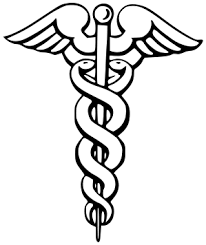Bo: The stout heart
Bo: The stout heart
Could we have known that Gd had hardened the heart of Pharaoh had Gd not told Moshe? Is there an objective sign?
In the first instance of Divine heart hardening, after the plague of locusts, it appears that the consequence of the hardened heart is a heated argument [about the details of who would leave Egypt ( to perform the sacrificial rite, and then presumably return)] between Pharaoh and Moshe. The main manifestation of the hardened heart seems to be anger. Thus, it may be that the hardened heart is independently detectable ( without information from Gd). Anger maybe the telling sign of the hardened heart. Anger is often the motivation for an irrational decision. The heart is the organ of understanding. The hard heart makes errors. Note also the relationship to the word courage: the rage of the cour (heart in French)
For the strong obey when a strong man shows them the way.
Give me some men who are stout-hearted men,
Who will fight, for the right they adore,
Start me with ten who are stout-hearted men,
And I'll soon give you ten thousand more.
Shoulder to shoulder and bolder and bolder,
They grow as they go to the fore.
Then there's nothing in the world can halt or mar a plan,
When stout-hearted men can stick together man to man.
STOUT-HEARTED MEN
From "New Moon"
(Sigmund Romberg / Frank Mandel /
Laurence Schwab / Oscar Hammerstein II)
the you tube

